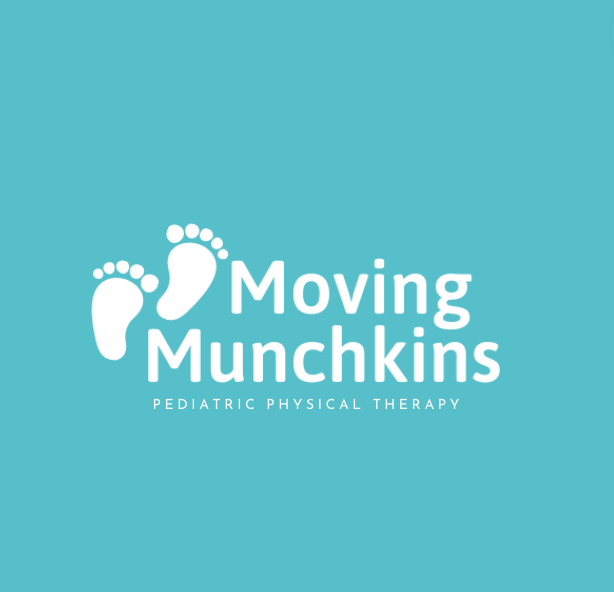Understanding Missed Milestones in Babies (and what to do about it)
As parents, we often track our baby’s development by monitoring key milestones like rolling, sitting, crawling, and walking. However, it’s not uncommon for some babies to skip certain milestones. This can be a source of concern for parents, but it’s important to understand why this happens and how to approach it.
Why Do Babies Skip Milestones?
First of all, it’s important to remember that every baby has their own individual developmental pace. Every baby is unique. I even have parents tell me how surprised they are at the differences between their own children! That’s OK. What’s “normal” for one baby might be different for another.
Sometimes, babies might prefer developing one skill over another. For example, a baby might go straight to walking, skipping the crawling phase, because they find it more efficient or engaging to be upright like the rest of the family. Meanwhile, some babies will army crawl for weeks before they even attempt to get up on their hands and knees.
Physical factors such as muscle strength, coordination, and motor skills vary among babies may come into play and can influence the order and pace of milestone achievement. It is ALWAYS ideal for a baby to meet their milestones in the predictable order that we expect them to. This is because each milestone builds on each other. For example, crawling develops coordination of the right and left sides of the body working together. This coordination is also important for walking, running, and skipping when the child gets older.
Furthermore, the environment a baby is raised in can also play a role. Babies who are given more tummy time, for instance, usually develop motor skills quicker and in the natural progression of milestone achievement. This is why I constantly stress the importance of allowing your munchkins freedom to move on the floor. For more on this and “container baby syndrome,” check out this blog post.
The baby who prefers to stand or walk before crawling is telling us that there’s a missing piece to their physical development that is affecting their ability to get into hands and knees and crawl.
What Should Parents Do?
This first one is important – AVOID comparing your baby to another. Every child’s developmental journey is unique. Avoid comparing your baby’s progress to that of others, even siblings. Just because your baby is developing differently from your friends does not necessarily mean anything is wrong. Be diligent and pay attention and of course if you do have any concerns, reach out to a pediatric physical therapist for help and support.
Rather than fixating on specific milestones, stay focused on your munchkin’s overall development. Are they growing, happy, and engaged with their surroundings? Are they continuing to make progress on their milestone achievement? These are all good indicators that a baby is developing at his or her own special rate.
Provide a stimulating environment for your munchkin. By offering a variety of activities to encourage different skills, your baby is less likely to become stagnant in their development. This includes tummy time, interactive play, and safe spaces to explore on the floor. Provide fun toys that make it exciting such as lights and sounds. For some of my picks, check out my gift guide here.
Keep an eye on your baby’s development in a broad sense. We want babies to be continuously improving on their physical movement patterns and milestones. If you have concerns about your baby’s development, it’s always a good idea to seek help from a pediatric PT. You do not need a referral to see a pediatric physical therapist. Seeing a PT early is the best way to get reassurance or interventions if needed. These services support children in their development and can be a great resource for parents.
Understanding and respecting each baby’s unique developmental path is crucial. While milestones are helpful markers, it is important to keep in mind that some little ones need a quick boost for their development to be optimal. As parents, our support, love, and attention are what truly nurture our babies’ development and sometimes this comes in the form of getting support from a pediatric PT.
-Keep your munchkins moving!

